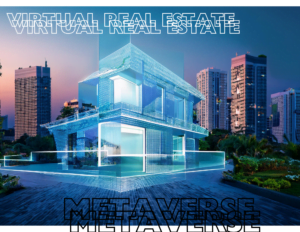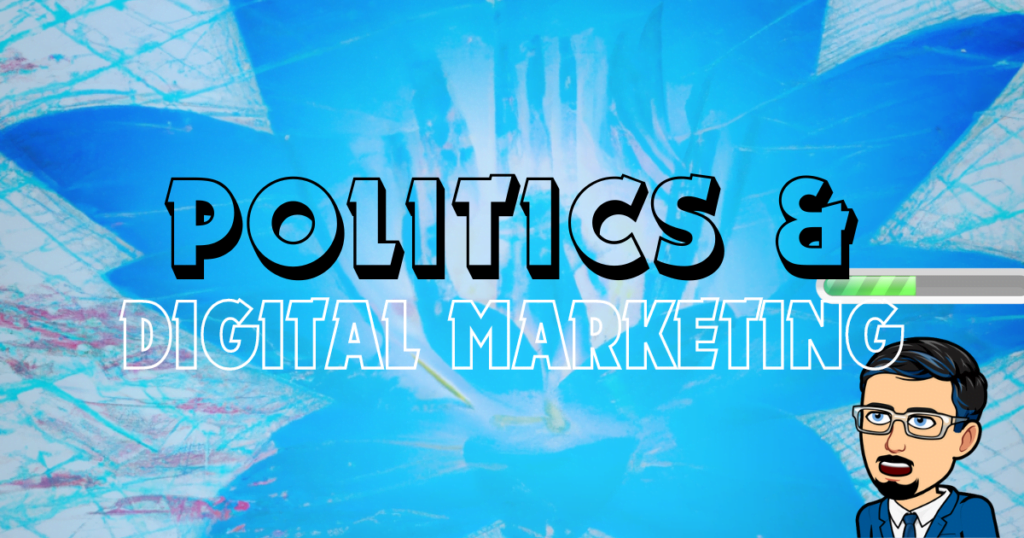Metaverse Marketplace Buying and Dealing Virtual Real Estate The metaverse is a digital realm where the lines between the real and virtual worlds blur. It’s a shared space where people can interact, work, and play together in new and exciting ways. It’s a 3D virtual world where people can interact with each other and digital objects in real-time. With the advancement of technology, the Virtual Universe has become a reality, opening up new possibilities for various industries, including real estate.
Opportunities in the Virtual Property Market
The metaverse offers numerous opportunities for businesses and investors. One of the most significant advantages is the ability to create virtual properties and experiences that are not possible in the physical world. Developers can design and build unique virtual spaces, such as virtual cities, luxury estates, or commercial properties. These virtual properties can be sold, rented, or leased, just like physical properties.
Another opportunity is the potential for virtual Property to become a valuable investment asset. As the Virtual world gains popularity, demand for virtual properties is likely to increase, driving up their value. Investors can purchase virtual land or properties and hold them as long-term investments, hoping for significant appreciation.
Furthermore, the Virtual world can be used to enhance traditional marketing and sales. Virtual property tours can provide potential buyers with a more immersive and engaging experience, allowing them to explore properties from anywhere in the world. Additionally, metaverse events, such as virtual open houses or property auctions, can attract a wider audience and generate more interest.
Challenges in the Virtual Property Market
Despite the opportunities, there are also significant challenges to consider when investing in virtual Property. One of the major shortcomings is the lack of regulation and standardization. The Virtual world is a relatively new concept, and there are no clear rules or guidelines governing the ownership, sale, and transfer of virtual properties. This uncertainty can create legal and financial risks for investors.
Another challenge is the potential for metaverse platforms to collapse or be abandoned. If a virtual Universe platform loses popularity or shuts down, the value of virtual properties built on that platform could fall. To avoid getting burned, it’s best to invest in different metaverse platforms.
It’s hard to say if the metaverse will stick around for good. It’s got potential, but it’s still pretty new. If the metaverse fails to gain widespread adoption or faces technical limitations, the value of virtual real estate could be significantly impacted.
The Impact of Digital Marketing on Virtual Real Estate
The Virtual Universe growth will be heavily influenced by effective digital marketing strategies for virtual real estate. Effective digital marketing strategies can help businesses reach a wider audience, generate leads, and build brand awareness. Social media marketing, content marketing, and search engine optimization (SEO) are essential tools for reaching potential buyers and investors in the metaverse.
By leveraging digital marketing services, businesses can create compelling content, optimize their online presence, and engage with the metaverse community. This can help them position themselves as leaders in the virtual market and attract valuable customers.
In conclusion, the metaverse offers exciting opportunities for businesses and investors. While there are challenges to overcome, the potential rewards are significant. By understanding the opportunities and risks, and by utilizing effective digital marketing strategies, real estate professionals can position themselves for success in this emerging market.



